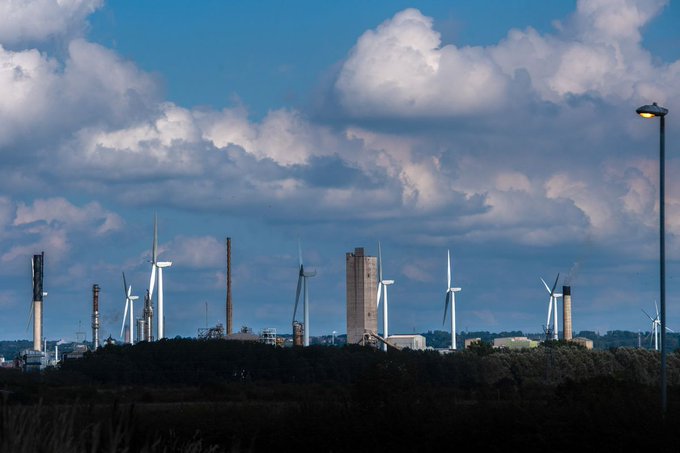|
Getting your Trinity Audio player ready…
|
By Hillary Munedzi
Fertilizer companies call for more funds for the procurement of raw materials on the auction floor, with the United Nations predicting that food prices will rise by an additional 8,5% by 2027.
Speaking to Spiked Online Media, Dr.Richard Dafana, the Managing Director of Zimbabwe Fertilizer Company said there has been a 300 percent spike in the price of fertilizer over the past year caused by the war in Ukraine.
In 2021, Russia was the world’s top exporter of nitrogen fertilizers and the second-largest supplier of both potassic and phosphorous fertilizers, according to the U.N. Food and Agriculture Organization.
The supply disruptions will affect Zimbabwe and other African countries that are facing persistent droughts due to climate change, and supply chain woes. This is a heavy blow to most African countries which are on the cusp of a financial revival from the pre-pandemic days of COVID-19.
Russia has temporarily suspended outgoing trade, which will have a strong effect across global food markets since it accounts for 14% of global fertilizer exports.
Farmers may be forced to pass those costs along to customers, resulting in higher grocery prices. Fertilizer is essential for crops. Without fertilizer, plants may not get the nourishment they need to result in the yields necessary to feed Africa’s population.
“Last year [fertilizer] was around $300 per ton and now it’s over $1,500 per ton and the major effect will be on pricing and the lead time to get raw materials into the country. Prices will be much higher so the country will need to increase the foreign currency it directs to fertilizer imports.
“Due to reduced availability and longer lead times, production will need to take place much earlier than we traditionally do. For example, we should have started producing for the summer cropping in the middle of winter so that we can meet the season,” said Dr. Dafana.
Zimbabwe’s demand for fertilizer in a normal and good farming season is about 600 000 tons (both basal and top dressing ), of which 70% goes towards Government farming programmes. African countries have a massive reliance on food imports to supplement domestic production and the government must prioritise funding towards fertilizer procurement so that the country achieves food security.
The other ways to meet funding requirements are trade finance but this requires discussions at a national level. The auction floor has helped a lot but like any other industry, the amounts available to the fertilizer industry are not sufficient to fully support the requirement. This results in shortages and late delivery of fertilizers. The situation can be helped by maximizing the use of local raw materials to reduce the forex requirement.
Russia and Ukraine are major producers of wheat, barley, maize, and sunflower oil in the world. African countries imported agricultural products worth US$4 billion from Russia in 2020. About 90 percent of this was wheat, and six percent was sunflower oil.
Major importing countries were Egypt, which accounted for nearly half of the imports followed by Sudan, Burkina Faso, Tanzania, Algeria, Kenya, and South Africa. Zimbabwe imported 45 percent of its wheat requirements in 2021 from Russia.
“Similarly, Ukraine exported $2.9 billion worth of agricultural products to the African continent in 2020. About 48 percent of this was wheat, 31 percent maize and the rest included sunflower oil, barley, and soybeans. So the war has an effect of disrupting trade in agriculture commodities and creating food shortages on the continent, ” said Economist Victor Bhoroma.
